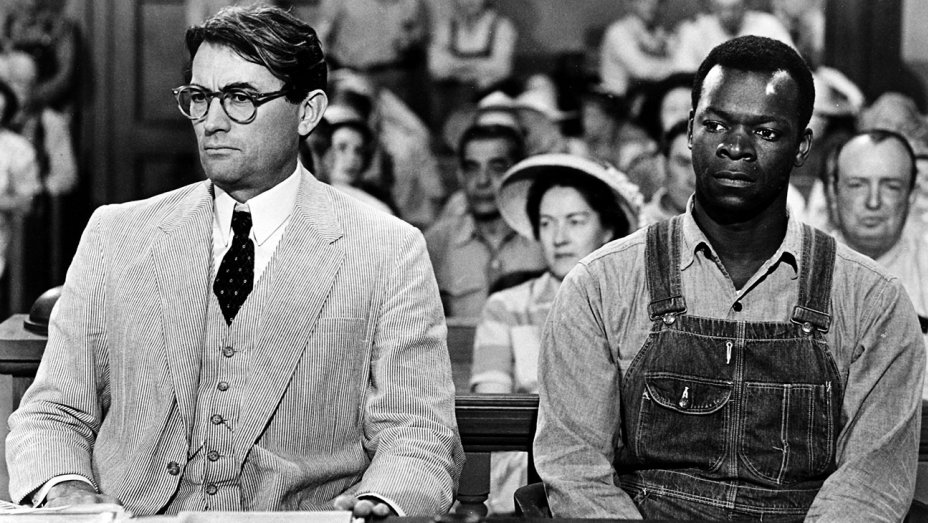Monday
On Friday I sympathized with the black mother who complained that her daughter had been rendered “uncomfortable” by classroom discussions of To Kill a Mockingbird. Around the country, however, many opined that literature’s ability to discomfit is actually a good thing. To cite one essay chosen at random, teacher Christina Torres at Education Week writes,
Books like To Kill a Mockingbird make us uncomfortable because it shows things that not only upset us, but it shows us things about ourselves that may upset us.
So isn’t Harper Lee just doing what great authors do, which is shake us out of our complacency?
It’s true that great literature often jolts us into self questioning, so much so that we might argue that doing so is a defining characteristic of great literature. In this case, however, we need to look at who exactly is being discomfited.
To set up my case that To Kill a Mockingbird fails in this department, I turn to something that Lucille Clifton used to say regularly at her poetry readings. “I want to afflict the comfortable,” she would declare, “and comfort the afflicted.” Her own poetry does both. “Poem in praise of menstruation,” for instance, affirms suffering women while “wishes for sons” afflicts men who don’t sufficiently sympathize.
It would be one thing if To Kill a Mockingbird discomfited Biloxi’s white students, but there have been no reports of that. Rather, it appears to have afflicted one of the afflicted. And to what end? To make her realize that racist language can emerge out of the mouths of sympathetic white girls? She may already know this.
I admit I need more facts to ensure that I’m doing justice to all parties. It may well be that the teacher sees To Kill a Mockingbird as an ideal vehicle for teaching students the evils of prejudice, not only against African Americans but also against those with neurological disabilities (Boo Radley). Given Mississippi’s racial history, one can sympathize with the teacher, especially at a time when white supremacists are on the rise. Better to teach Lee’s novel than to avoid the question of race altogether.
It may also be that the white students in the class will benefit from seeing the evils of prejudice presented in black and white terms. If some of them are discomfited at seeing racism’s ugliness, then a small victory has been gained. I’m all for opening minds with whatever tools are available.
But to put this discomfort in a broader perspective, I think white Biloxi students would have been more discomfited by Toni Morrison’s Bluest Eye or Maya Angelou’s I Know Why the Caged Bird Sings, books that have been banned by numerous school systems. Somehow white discomfort counts for more than black. I saw up close what happened when a former student paired Huckleberry Finn with Morrison’s Song of Solomon at Leonardtown High School. Both liberally use the n-word but guess which one got banned.
Lee’s novel would be greater if it discomfited more. Flannery O’Connor, who excoriates overly comfortable whites in stories like “The Artificial Nigger” and “Revelation,” accused Lee of writing a fairy tale, and I suspect she regarded it as a white liberal fantasy. To Kill a Mockingbird is a relatively safe book to teach because it jostles only certain boats. Indications are that Lee wanted it to discomfit more—Go Set a Watchman shows what she could have done—but that editors persuaded her to pull some of her punches. She became a wealthy woman, but I wonder if she ever felt trapped by the adulation.
When, in my Theories of the Reader senior seminar, I ask my students to analyze a literary work that caused a stir, they are to look at the controversy through the eyes of everyone involved. To study the Biloxi incident, one would look at the school system, the students (white as well as black), the parents, the local newspaper, and those outsiders who took an interest. I suspect a fairly good picture of the current state of American race relations would emerge.
